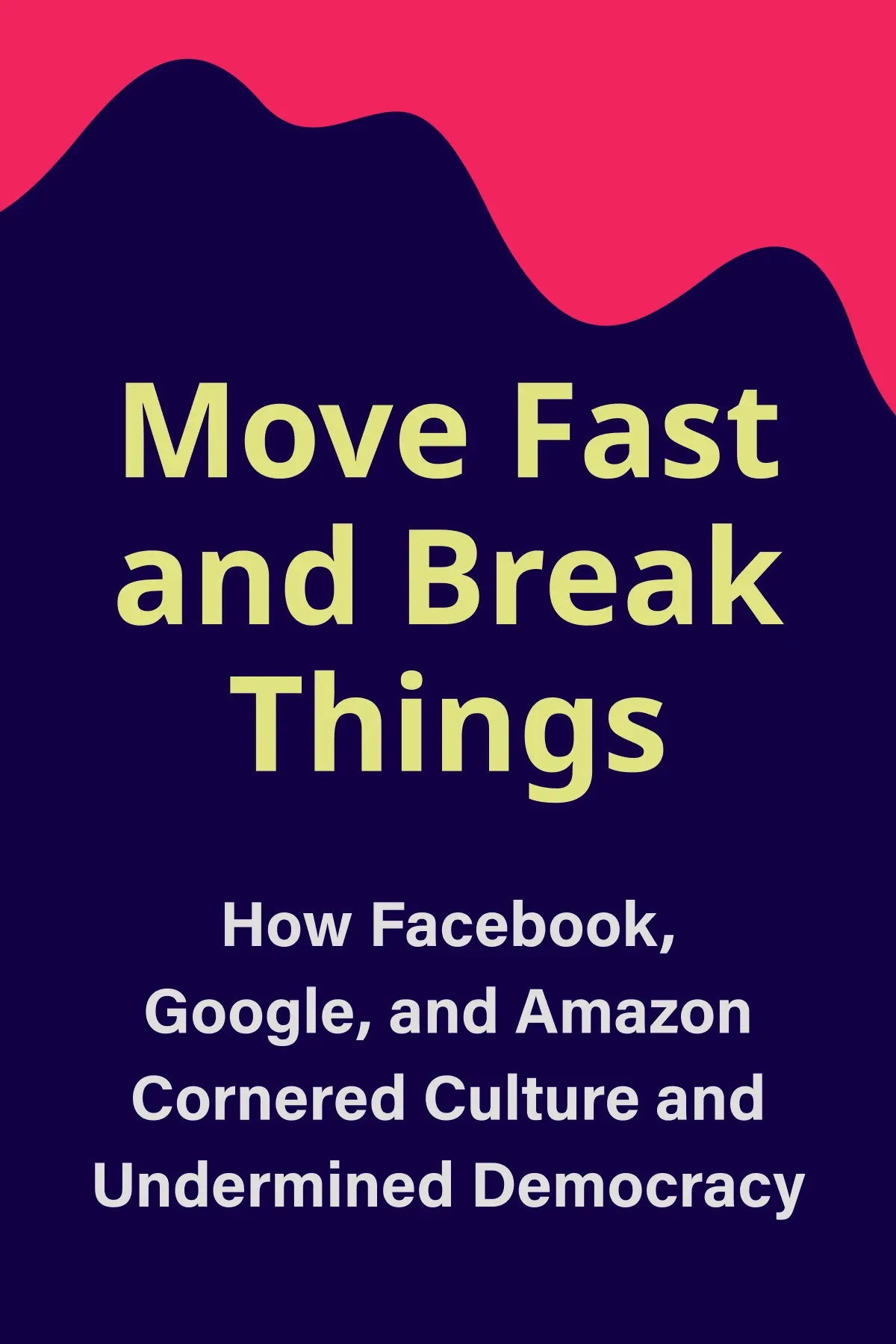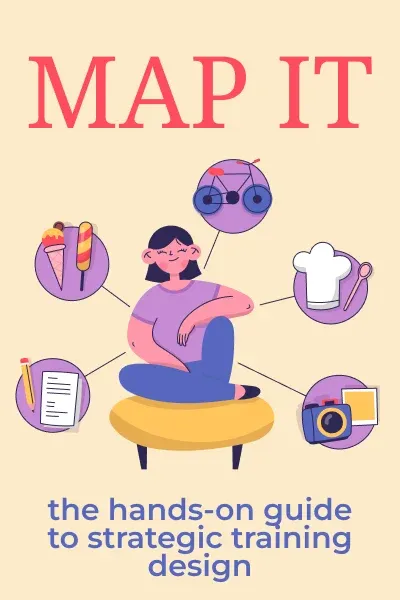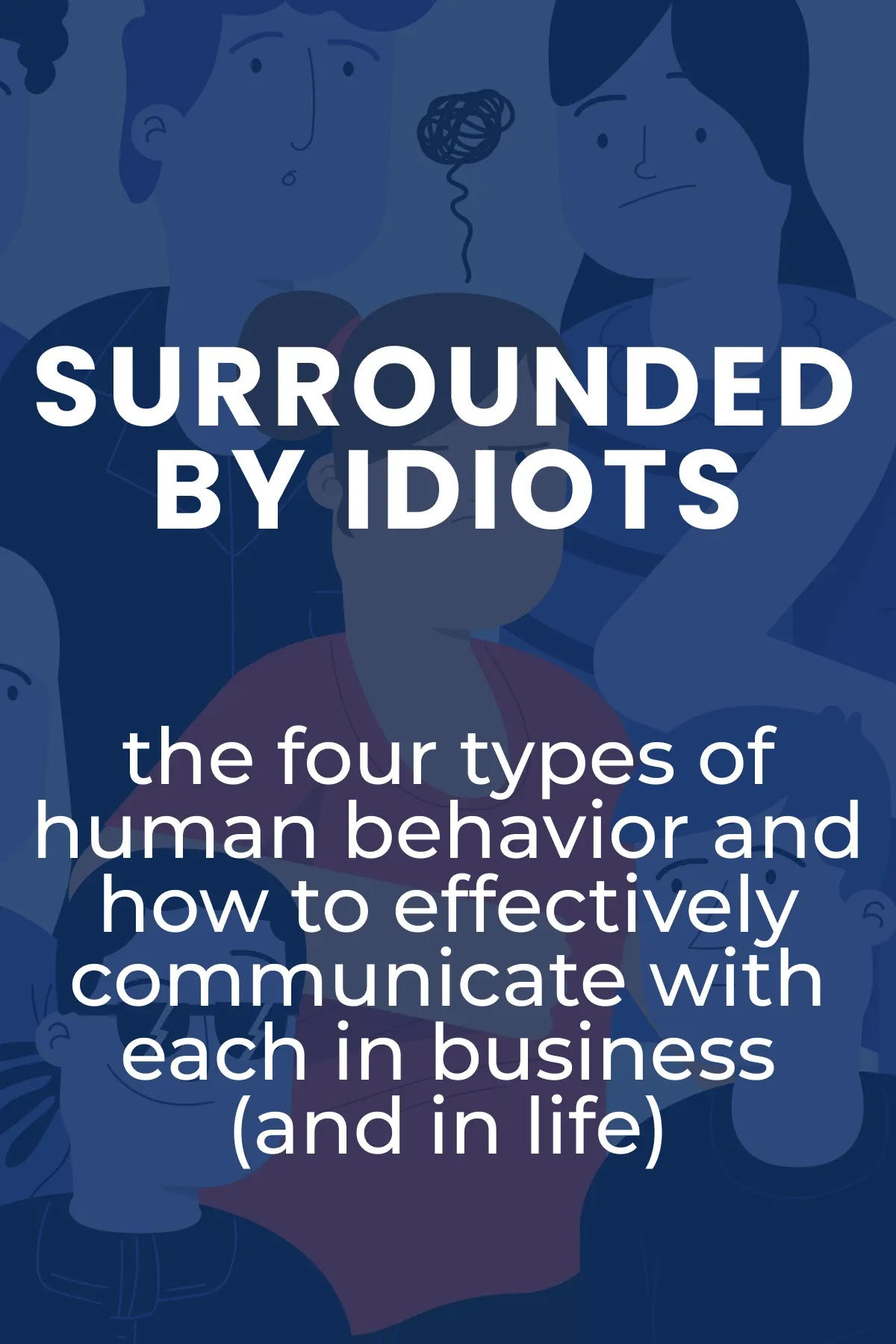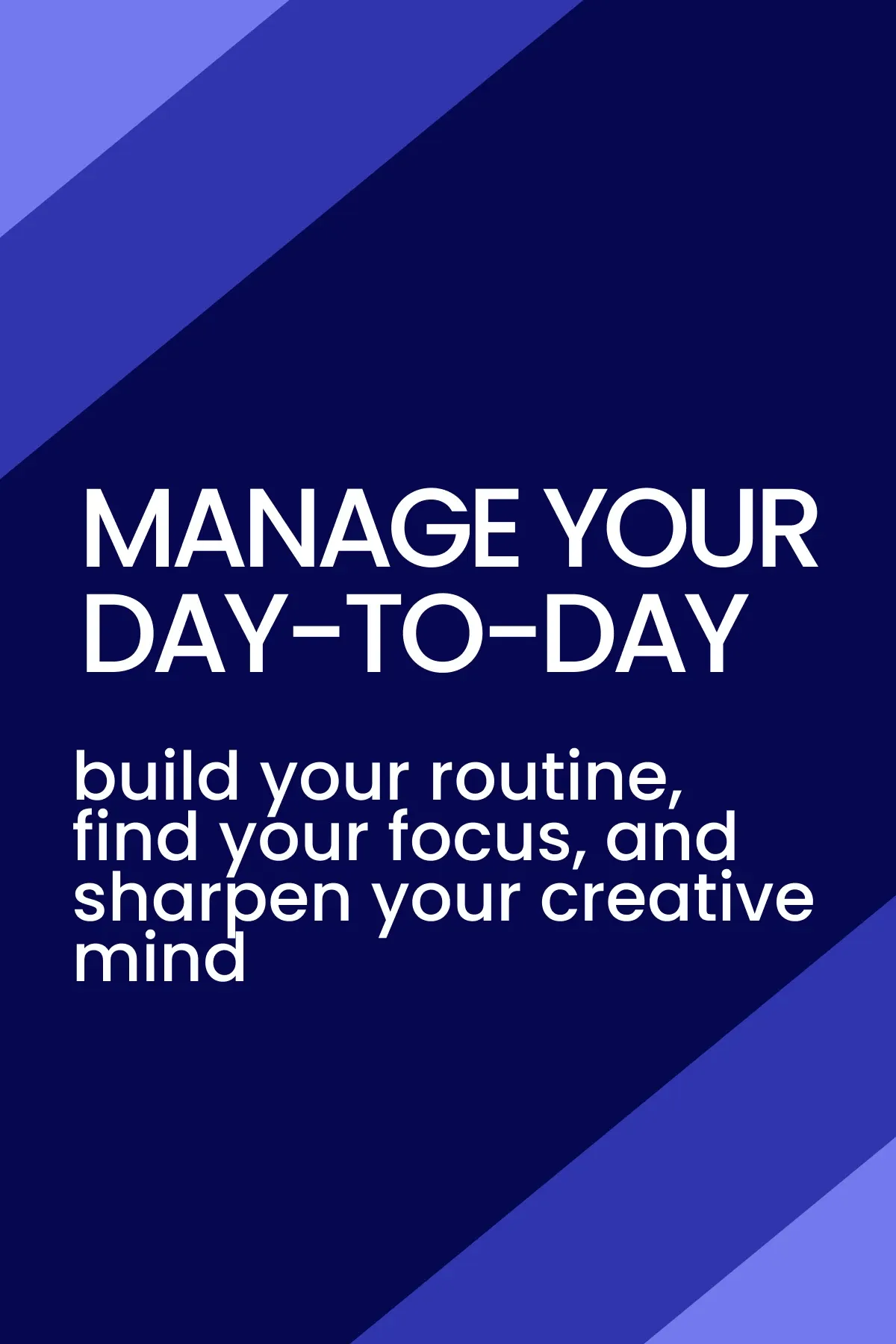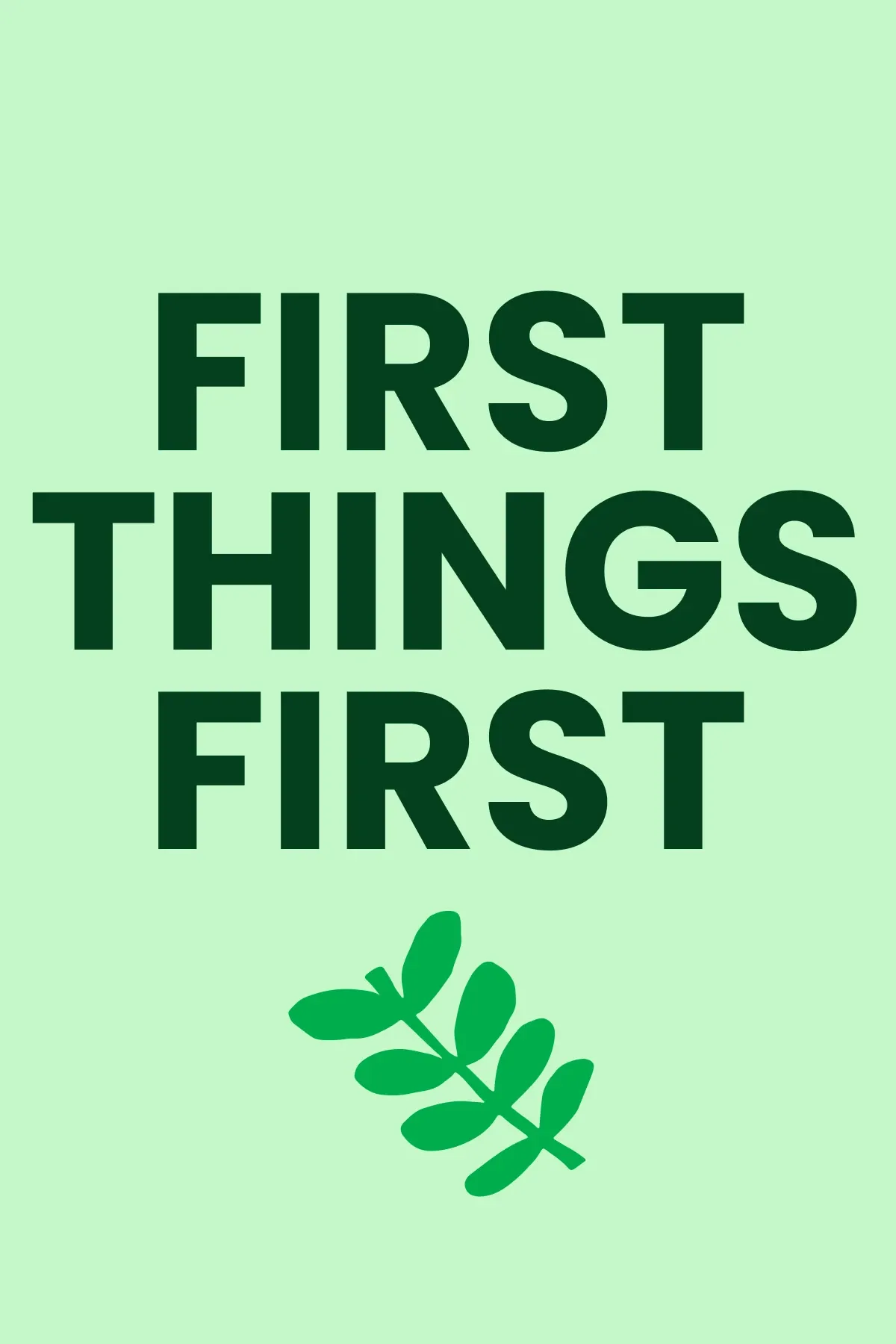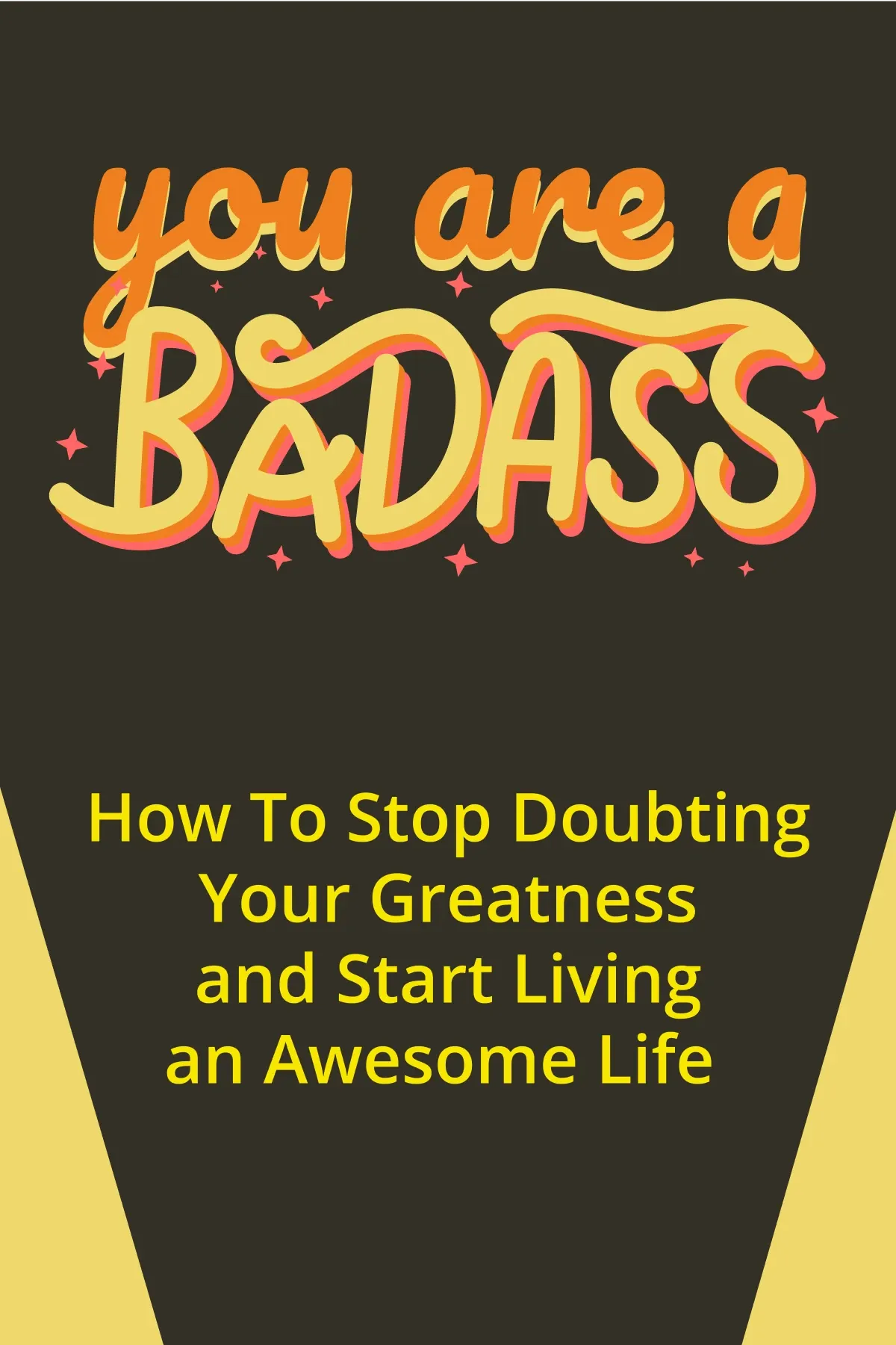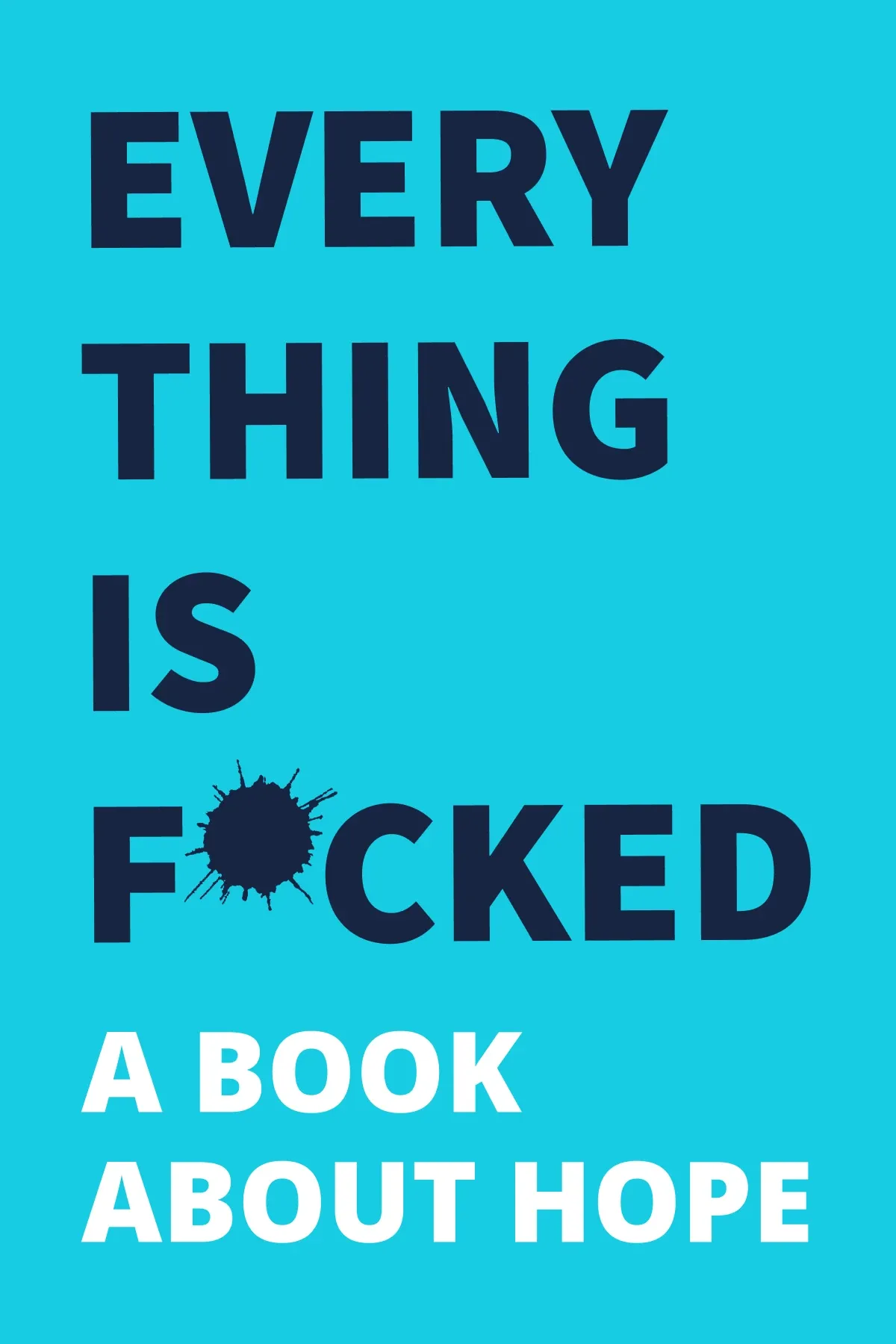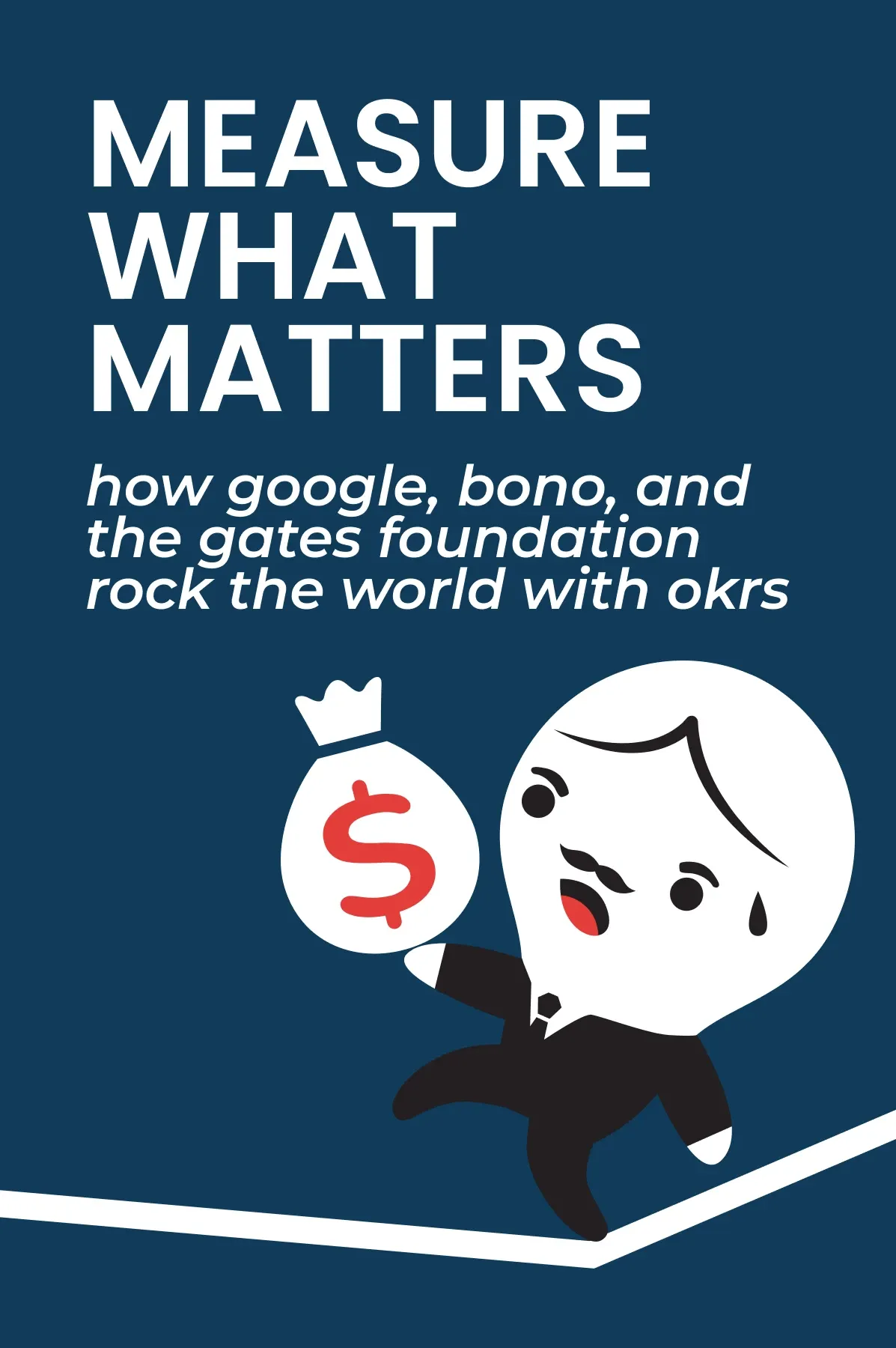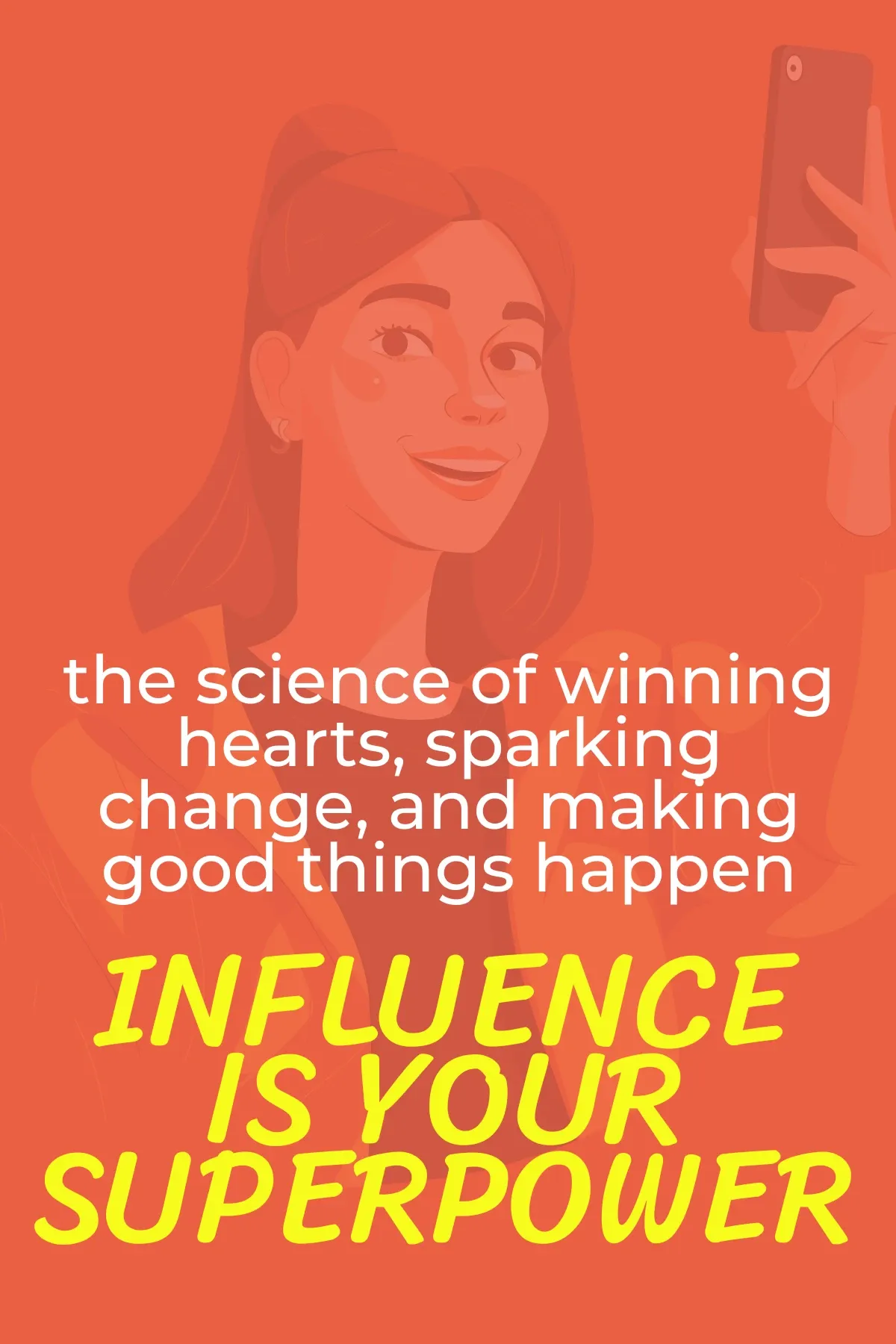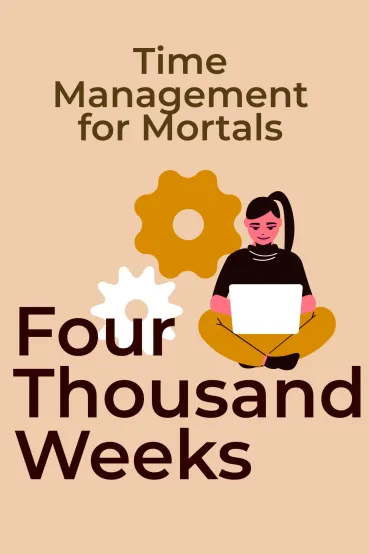
Four Thousand Weeks
Brief Summary
In “Four Thousand Weeks,” Oliver Burkeman invites readers to rethink their approach to time with a refreshing dose of realism and wisdom. Burkeman reveals how our endless desire to maximize every minute often backfires, leaving us stressed and unfulfilled. If you're tired of constantly racing against the clock, this book will teach you how to make the most of your limited time on Earth.
Topics
Key points
Key idea 1 of 7
Before the invention of clocks, time was simply a natural part of life. Now, it feels more like a separate force. In the past, people woke up with the sunrise and went to sleep when it got dark. Their days shifted with the seasons, and there was no rush to finish tasks. Farming was a never-ending job, so people didn’t worry about "getting everything done." This is called “task orientation.” Life’s rhythm came from the work itself, not from the ticking of a clock.
Anthropologist Edward T. Hall said that modern time is like an unstoppable conveyor belt, delivering tasks faster than we can complete them. Today, time management revolves around maximizing productivity. We typically spend our free time working or thinking about work instead of relaxing with our loved ones. This affects our well-being and our relationships with family and friends.
The average person lives for a little over 4,000 weeks. While this might sound like a large number, it’s actually quite limited when you consider how we spend our days. We try to fit more activities into our days, causing more stress and less focus. Even things we used to enjoy, like reading, become hard as we keep reaching for our phones.
Sure, living every day as if it were our last is unrealistic. However, understanding that our time is limited can help us appreciate life more. We won’t be able to do everything we want, and there will always be unfinished tasks. The more we accomplish, the more we discover new things to do. Instead of trying to do everything, we should focus on what truly matters.
In a world full of exciting activities, wanting to do more can be stressful. It’s helpful to recognize that doing more doesn’t always bring peace. When we stop trying to fit everything into our schedules, we can find more comfort in our choices. If our happiness doesn’t depend on achieving everything, we can relieve some of the pressure.
Making choices about how to spend our time is essential. For example, deciding to marry someone means choosing that person and not others. This choice has real meaning. This idea is known as the "joy of missing out," which contrasts with the "fear of missing out." Accepting that we can’t do everything allows us to find meaning in our choices. We can decide to spend time with friends, work on a project, or enjoy a cozy evening with family.
FAQ
You may also like these summaries


